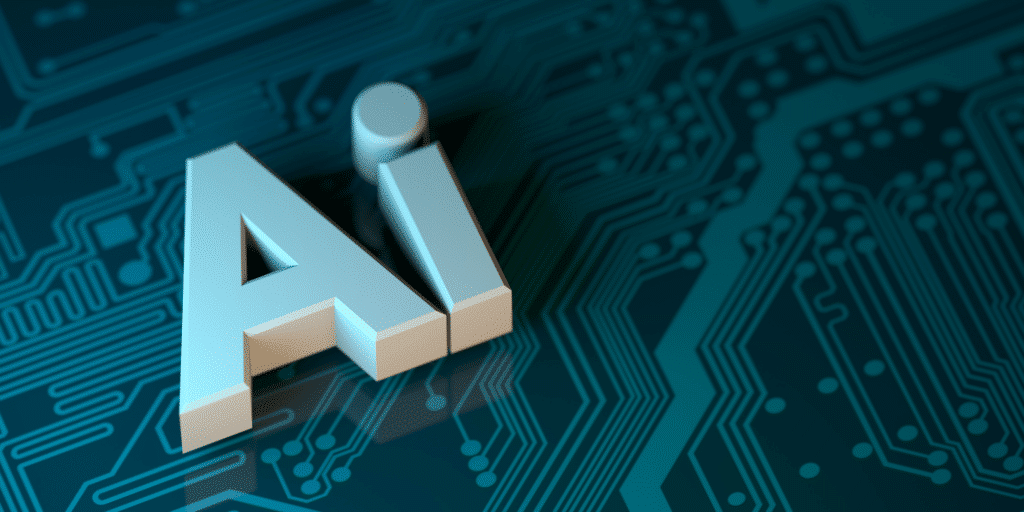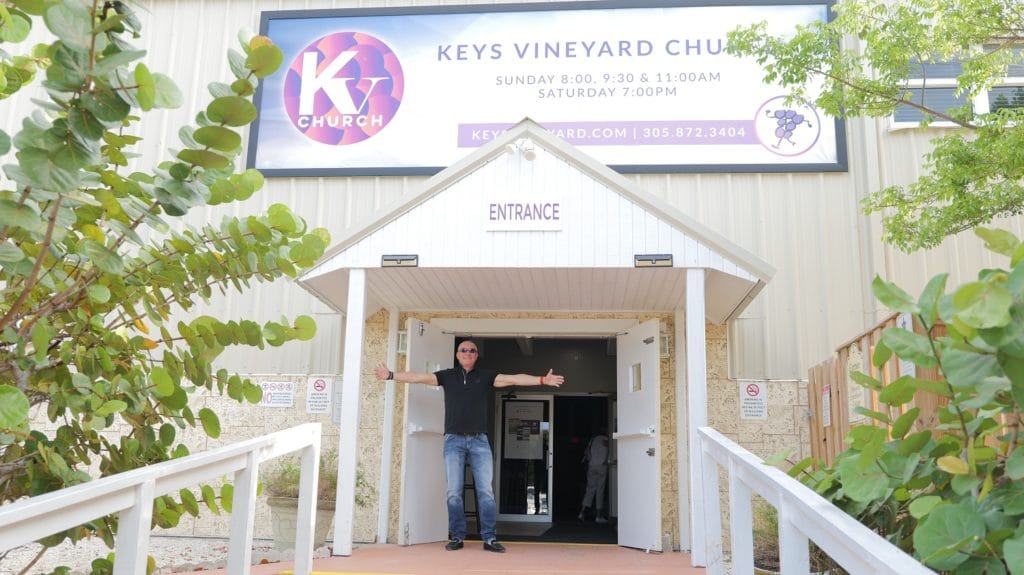Using AI for Churches

The age of Artificial Intelligence (AI) has given rise to a vast array of applications, from autonomous vehicles to healthcare diagnostics. Even sectors deeply rooted in tradition, like churches, are exploring the potential advantages of AI integration. Yet, as with any technological adoption, there are benefits and concerns to weigh. Here, we will explore the pros and cons of using AI for churches.
Pros:
Enhanced Outreach: With the aid of AI, churches can predict when members might need additional support or spiritual guidance based on data analytics. For instance, if someone regularly watches online sermons but misses a few in a row, AI can notify church leaders to reach out and ensure everything is alright.
Tailored Content Delivery: AI algorithms can analyze members’ engagement patterns with online content, helping church authorities provide personalized spiritual content. For someone dealing with grief, the system might suggest sermons or scriptures that address that specific emotion.
Administrative Assistance: Handling administrative tasks, from organizing events to managing donations, becomes more streamlined with AI. Virtual AI assistants can handle queries about service timings, upcoming events, or scriptural references, freeing human resources for more personal interactions.
Improved Accessibility: Speech-to-text algorithms and translation software make transcribing sermons or translating them into various languages in real time easier. This widens the church’s reach and ensures inclusivity for members from different linguistic backgrounds.
Cons:
Data Privacy Concerns: With AI algorithms analyzing member interactions and personal data, privacy becomes a significant concern. Churches would need robust data protection measures to prevent breaches, which can be costly and complex.
Loss of Personal Touch: While AI can predict needs based on data, it lacks genuine human empathy and understanding. There’s a risk of members feeling that the church is becoming impersonal or overly reliant on technology.
Ethical Dilemmas: AI algorithms can unintentionally perpetuate biases, even in a church setting. For instance, if an algorithm is designed to suggest sermons based on a user’s behavior, it might inadvertently favor specific demographics over others, leading to unintentional exclusion.
Financial Implications: Setting up and maintaining advanced AI systems can be costly. Not every church has the financial capacity to invest in such technology, and there’s a risk of widening the divide between larger, tech-savvy churches and smaller congregations with limited resources.
While AI offers a myriad of possibilities for enhancing church operations and member engagement, it also brings with it a unique set of challenges. Community church leaders must weigh these advantages against potential pitfalls, considering their congregation’s core values and mission. As with any tool, AI’s discount to a church will depend mainly on how it’s used, always keeping in mind the spiritual and emotional well-being of the community.
Steve Lawes is a pastor at Keys Vineyard Church and a Church Encourager.





